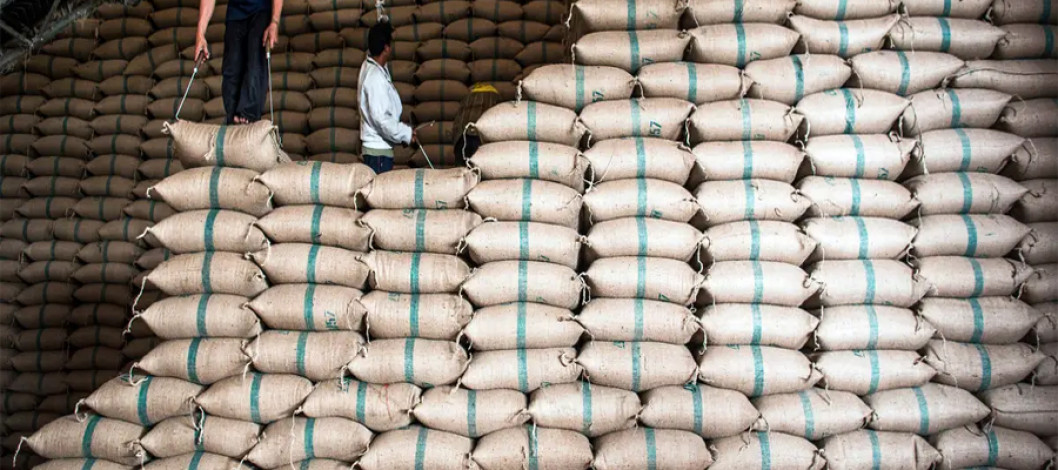
File Photo
Small-scale farmers to benefit from cuts. The government of Thailand has relaxed export restrictions to allow small-scale farmers to sell rice to world markets as it seeks to end a monopoly in the sector. The move was announced by government spokesman Jirayu Houngsub, who announced the government’s achievements on Sunday after completing three months in office.
In his speech, he highlighted the Paetongtarn Shinawatra administration’s efforts to dismantle monopolies. “All forms of monopoly increase costs for the people. The government will speed up the process of breaking up monopolies, particularly in the rice industry, to enable farmers and SMEs to export rice worldwide by themselves,” Mr Jirayu quoted Ms Paetongtarn as saying.
He said that on May 14, the cabinet approved a draft of a ministerial regulation on rice trade licensing fees. With the regulation in place, traders of rice intended for international markets will be required to pay less to secure a permit to export rice. Previously, all exporters had to fork out up to 50,000 baht to secure a permit to export rice, without any registered capital requirement.
Under the new rules, exporters with a registered capital of between 5 million and 10 million baht will be charged 10,000 baht for the licence to export rice. Medium-sized exporters with a registered capital of between 10 and 20 million baht will have to pay 30,000 baht for the right to trade rice abroad, while large-scale exporters with registered capital of over 20 million baht will be required to pay 50,000 baht to sell rice overseas.
Exporters of packaged rice will be charged a licence fee of 10,000 baht, down by half. The government has also waived licence fees and licence renewal fees for general rice exporters and packaged rice exporters who are registered with state agencies.
“The relaxation of restrictions will allow Thai rice farmers to export their rice without relying on large companies, which will effectively free up trade in today’s free world,” Mr Jirayu said.
He said the government is committed to improving the livelihoods of Thai farmers to ensure long-term economic stability for all stakeholders in the industry.
The changes to the regulation reflect efforts to reform Thailand’s rice export industry, end monopoly-related problems, and empower farmers and small- and medium-sized enterprises to compete in global markets, Mr Jirayu said.
Source: Online/GFMM
Comment Now